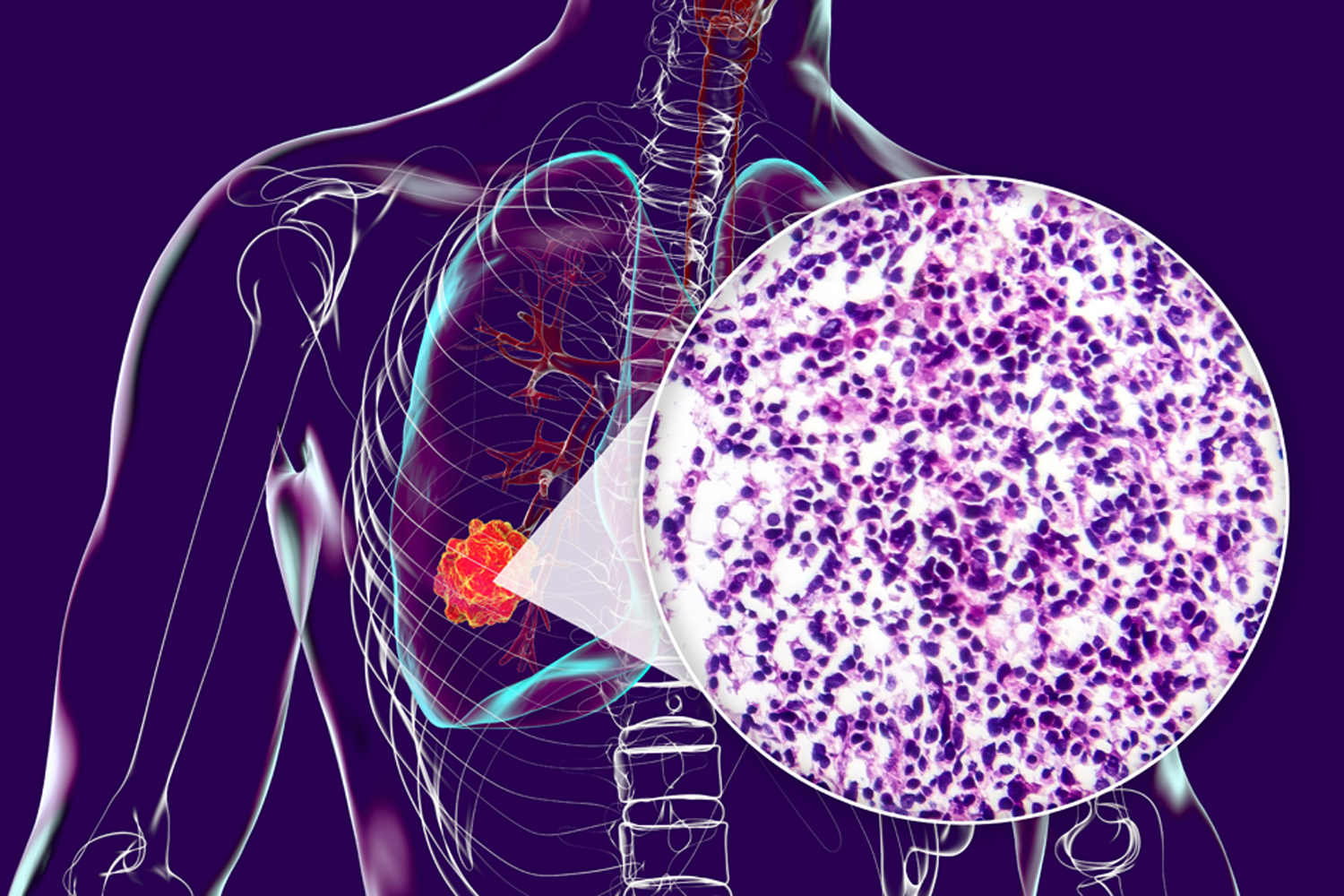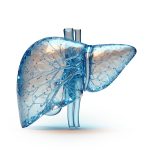-
Forward Look
A Treatment for Cancer CachexiaAn experimental antibody helped people recover body mass lost due to cancer and treatment.
by Darcy Lewis
-
Forward Look
Immunotherapy in Advanced Hodgkin LymphomaPatients who received Opdivo and chemotherapy had better outcomes and fewer side effects than those who had the standard-of-care therapy.
by Susan Kreimer
-
Forward Look
Rinse and RecurrenceSaliva test can help identify people who are at high risk of recurrence after mouth or throat cancer treatment.
by Eric Fitzsimmons
-
Forward Look
Upfront Immunotherapy in Early-stage Liver CancerResearchers analyze whether giving immunotherapy before surgery benefits people with high-risk disease that is limited to the liver.
by Christina Szalinski
-
Forward Look
The Overlooked Issue of Hearing LossStudy underscores importance of regular hearing tests for those who receive cisplatin chemotherapy.
by Risa Kerslake
-
Policy Matters
Toward Improved Dosing in the Precision Oncology EraA forthcoming article series outlines considerations for the dose optimization of modern oncology drugs.
by Brad Davidson, PhD
-
Overcoming Resistance
People with metastatic hormone receptor-positive breast cancer are living longer, thanks to new targeted therapies and endocrine therapies that can be prescribed when treatment resistance develops.
by Kendall K. Morgan
-
Liquid Biopsies: A Fast, Accurate Alternative
Blood tests can guide treatment choices, delivering results in less time than traditional biopsies.
by Stephen Ornes
-
Rural Cancer Care
Rural residents with cancer tend to have later diagnoses and poorer outcomes. Researchers and oncologists are working to identify and remove the barriers they face.
by Mark Ray
-
Facts and Stats
A Broader View of ResearchPeople diagnosed with cancer can participate in various kinds of studies.
by Thomas Celona
Cancer Talk
Treatment Combination Improves Survival in EGFR-positive Lung Cancer
Adding chemotherapy to targeted therapy improves outcomes for people with advanced EGFR-positive non-small cell lung cancer.
by Sandra Gordon
Lessons From 20 Years Living With CancerMultiple myeloma survivor Jonathan Gluck reflects on uncertainty, and the scientific progress that has kept him living with cancer for more than two decades.
by Eric Fitzsimmons
The Enduring Importance of Cancer Disparities ResearchOpening session from AACR conference highlights how perseverance and adversity have informed cancer disparities research over the years.
by Eric Fitzsimmons
Most Cancer Survivors Don’t Meet Healthy Diet GoalsDespite research linking fruits and vegetables to cancer survival, many people do not change their eating habits after diagnosis.
by Darlene Dobkowski















